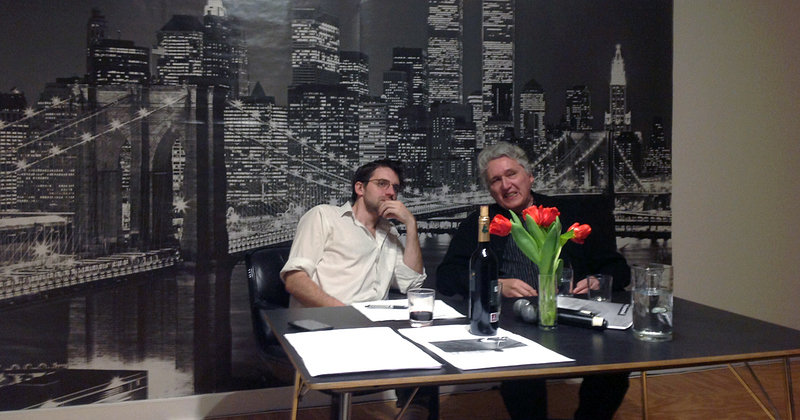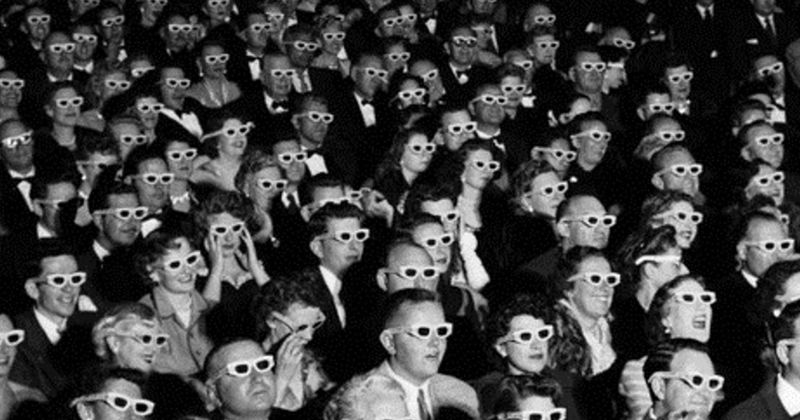Join us tonight for a talk by Boris Groys on “The Truth of Art,” expanding on his text by the same title in the March issue of e-flux journal:
“If artists want to change the world the following question arises: In what way is art able to influence the world in which we live? There are basically two possible answers to this question. The first answer: art can capture the imagination and change the consciousness of people. If the consciousness of people changes, then the changed people will also change the world in which they live. Here art is understood as a kind of language that allows artists to send a message. And this message is supposed to enter the souls of the recipients, change their sensibility, their attitudes, their ethics. It is, let’s say, an idealistic understanding of art—similar to our understanding of religion and its impact on the world.”
We look forward to seeing you right here on ustream. On this very thread, Tyler Coburn <<@tylercoburn>> will be live-commenting during Groys’s talk.
*Image above: Dziga Vertov kneels to shoot a train in Man with a Movie Camera (1929).


